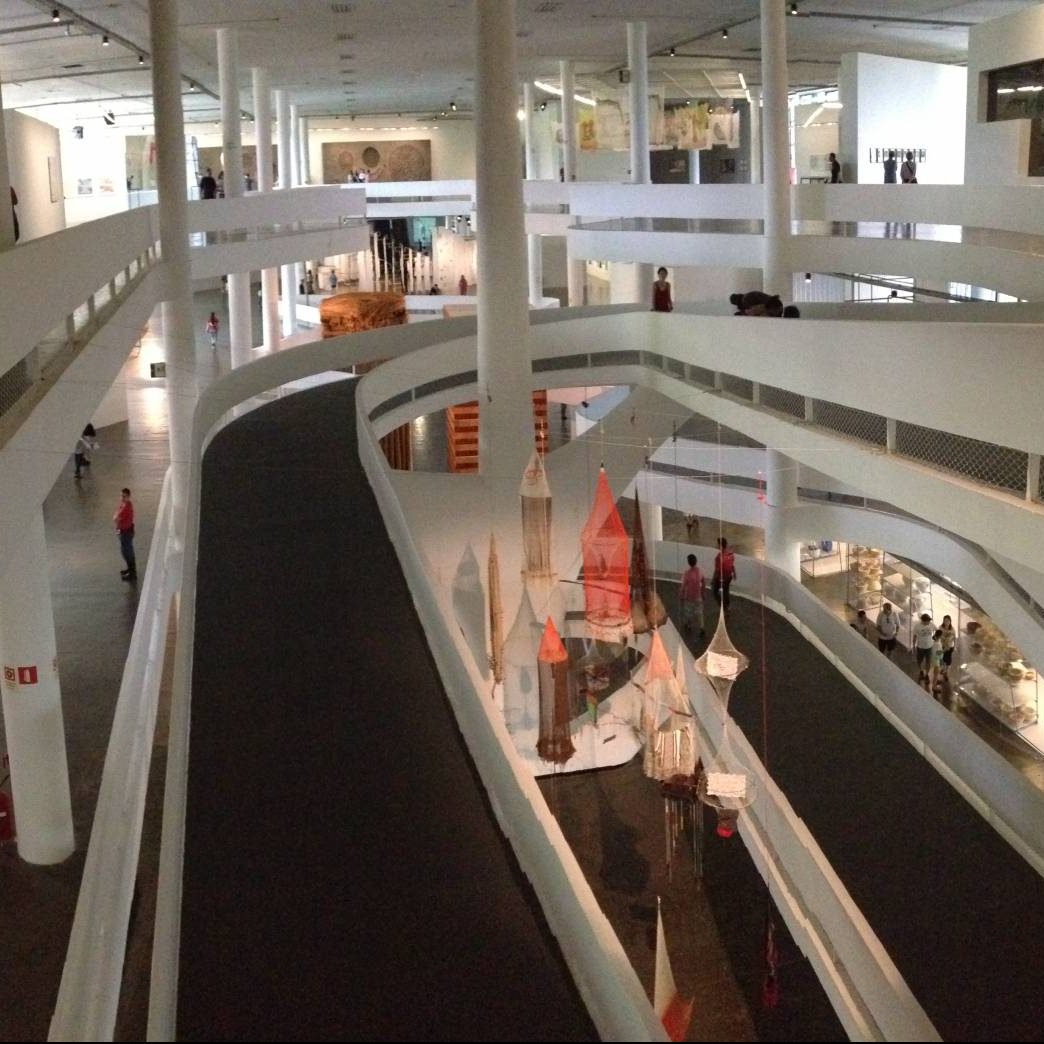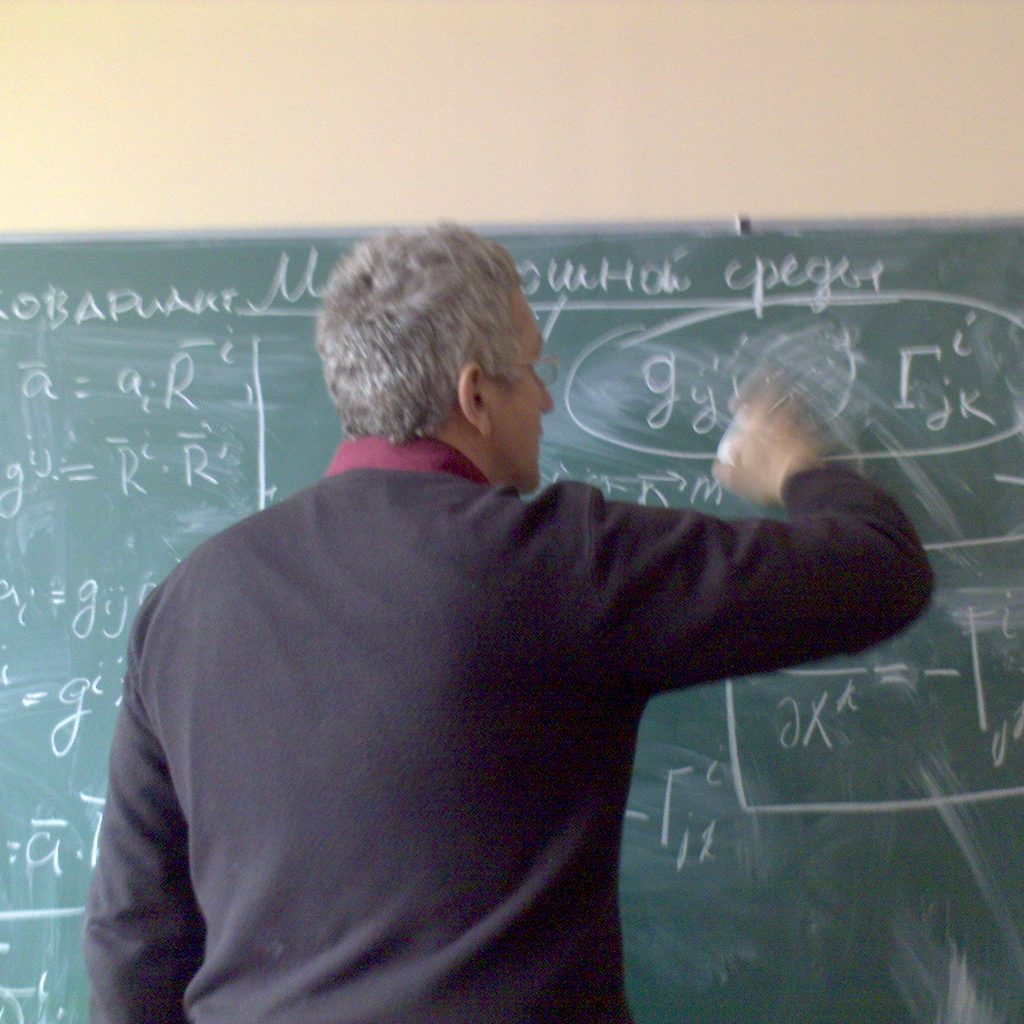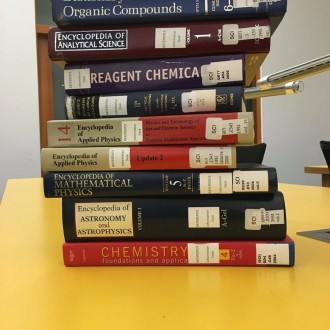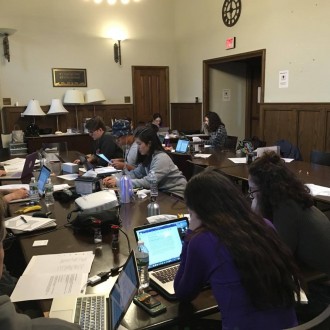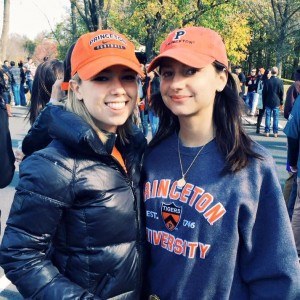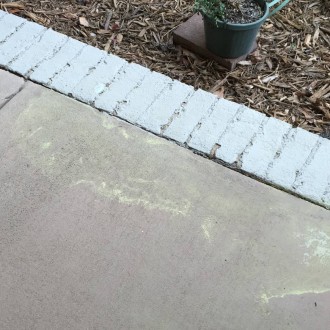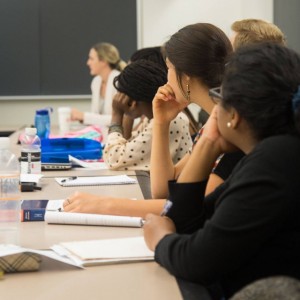Recently ranked the best university in the country by US News and World Report, Princeton has a lot to gloat about. Yet on the list of resources and opportunities that make Princeton exceptional, rarely are the students themselves mentioned. While my classes here have been enlightening, my relationships with classmates have had the greatest impact on me.
Every day, Princeton students take in a wealth of knowledge, and it’s only natural that we share it with each other. I have a friend interning at the Princeton Plasma Physics Lab down the road who discussed her project with me over dinner. She’s looking at data from four different satellites orbiting Earth to study magnetic reconnection events, or in other words, when solar winds (streams of high-energy charged particles from the sun) disrupt the magnetic field around Earth. I had never been exposed to this field, but in just a few minutes was able to understand several technical terms from a field of study completely different from mine.

And yet, most of my conversations aren’t outright academic. Amongst friends, there’s no pressure to turn conversations into precept. I’ve found that this balance between casual and academic actually aids my studies.
Continue reading “The People Make It”: How My Peers Have Shaped My Princeton Experience


